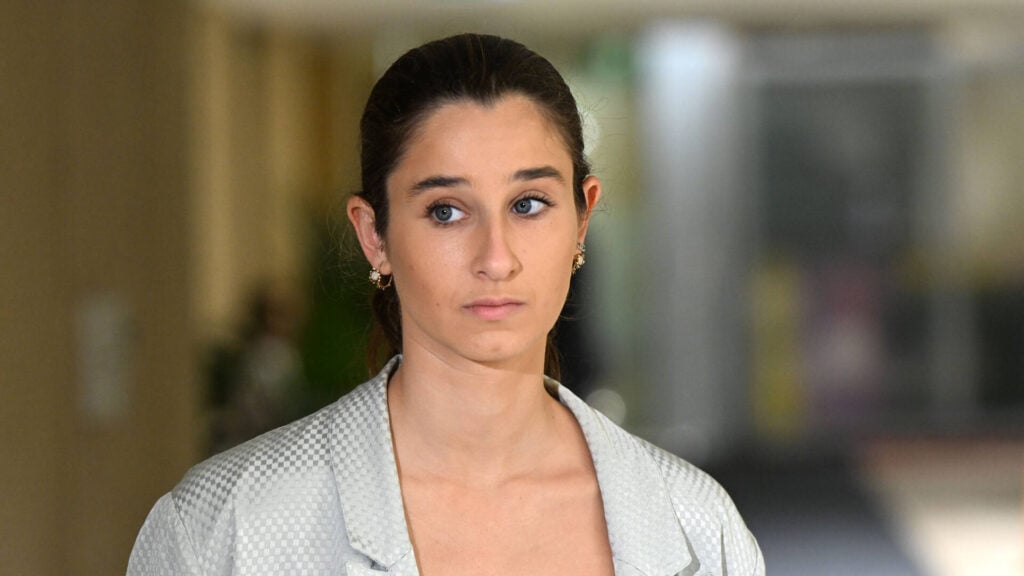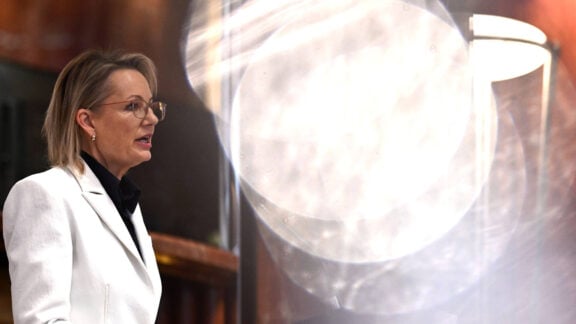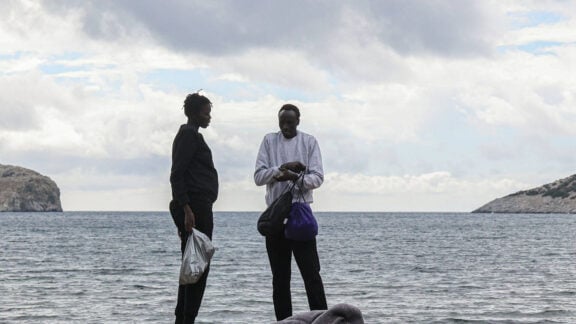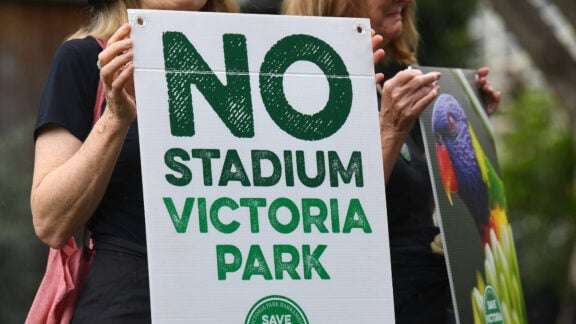Chanel Contos, the Australian campaigner who spearheaded the inclusion of sexual consent in the national curriculum, is now calling for “porn literacy” to be the next urgent reform in Australian sex education.
The 26-year-old author and advocate is pushing for pornography awareness to be formally included in the next round of curriculum changes, scheduled for 2026, arguing that children are being accidentally exposed to graphic content online as young as age 11.
“I think the biggest thing that’s missing is porn literacy,” said Contos, author of the 2023 bestseller ‘Consent Laid Bare: Sex, Entitlement and the Distortion of Desire’.
“It’s jarring to think about, but much worse to let that be their only experience without safety, conversation, or education.”
Currently completing a Master’s in Public Policy at Oxford University, Contos argues that many children who stumble across pornography online don’t yet have the tools or language to process what they’re seeing.
“They might not be ready to access it intentionally, but they need to know they can seek help or talk through what happened without feeling shame.”
Contos believes the landscape around sex and gender has shifted significantly in recent years, with troubling signs of regression, particularly among young men.
“A few years ago, I’d finish a talk and get messages from young people about how great it was. Now it feels more hostile,” she said.
“We’re not working from point zero anymore, we’re at point minus 10.”
She cites the growing influence of online figures from the so-called “manosphere,” such as Andrew Tate, as contributing to a rise in gender-restrictive attitudes, entitlement, and regressive views of masculinity.
“There’s an obsession with the ‘trad wife’, with dominance and control,” Contos noted.
“And it’s making it harder to have honest, open conversations about sex, power, and respect.”
Despite the challenges, Contos remains optimistic: “Australia has made major strides, especially in consent education, and still leads globally in many respects. But the pace of online influence is faster than any curriculum review.”
Contos believes urgent action is needed to keep sex education relevant, especially as digital content shapes young people’s understanding of relationships, gender, and sexuality.
“We need agility in how we respond, while staying empathetic to young people, especially young boys, and creating policies that actually reflect the realities they face.”
University of Sydney professor Alan McKee agrees. He believes current sex education in Australia is “perfunctory” and too limited, focusing mainly on biology while avoiding vital topics like intimacy, boundaries, and healthy relationships.
“Sex education is biomedical but there’s no relationship advice,” said McKee.
“The kind of advice kids are getting is from peers or from porn and you do not want that to be their only source.”
He also dispels the myth that talking openly with teens about sex will encourage them to engage earlier. “In fact, the data shows the opposite,” he said.
“In US states without sex ed, teens start younger. Where there’s comprehensive sex education, the average age is over 17.”
Contos is determined to ensure porn literacy and emotional education become part of Australia’s ongoing conversation about how to raise healthy, informed young people in a digital age.
“It’s not about alarmism,” she said. “It’s about equipping young people with the tools they need to understand themselves, navigate intimacy, and respect others. That begins with education.”









